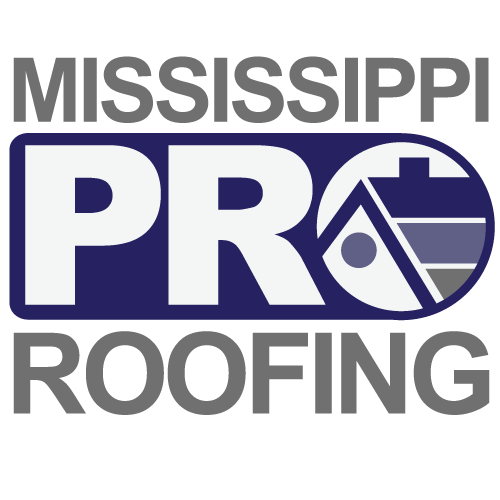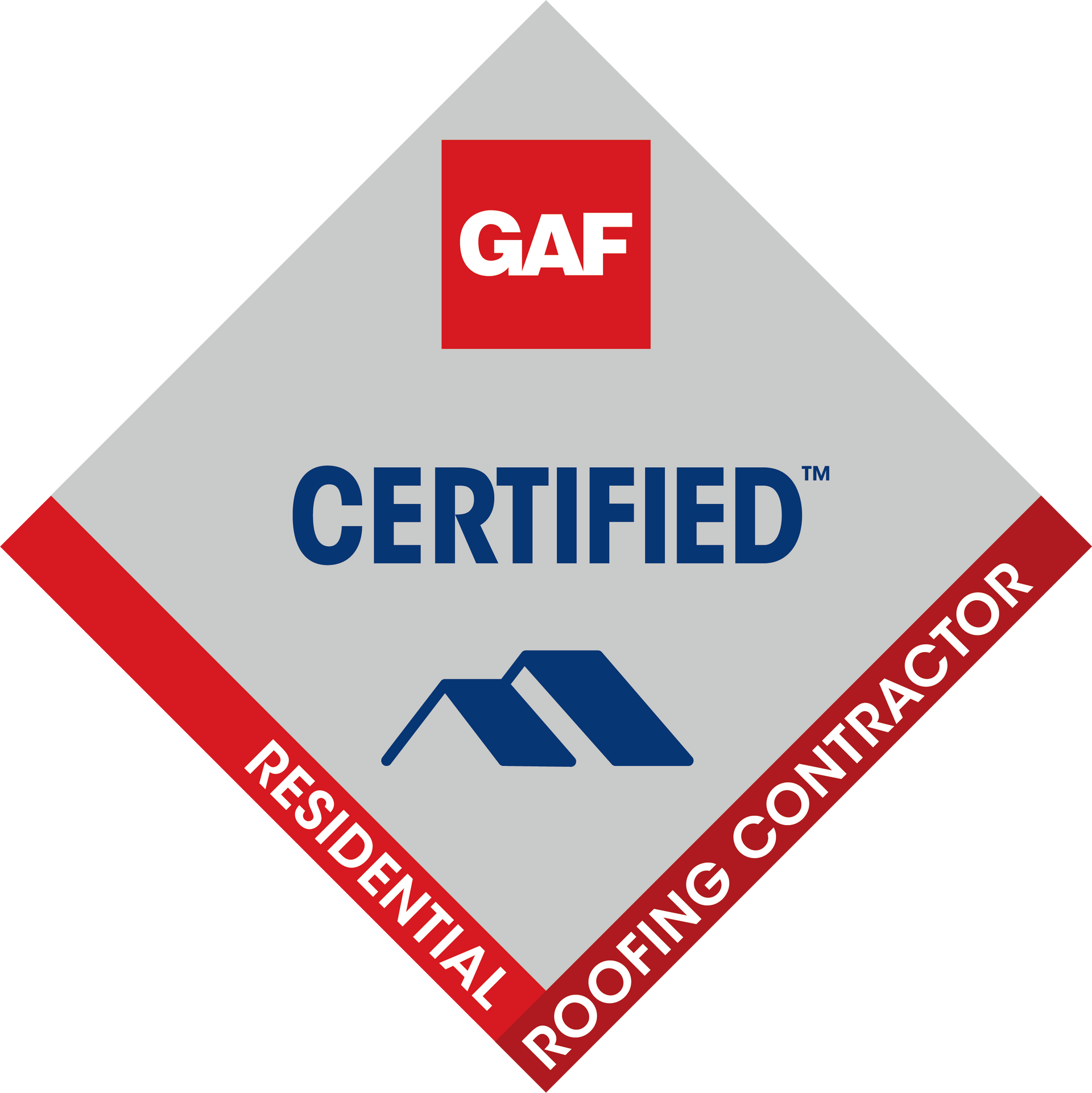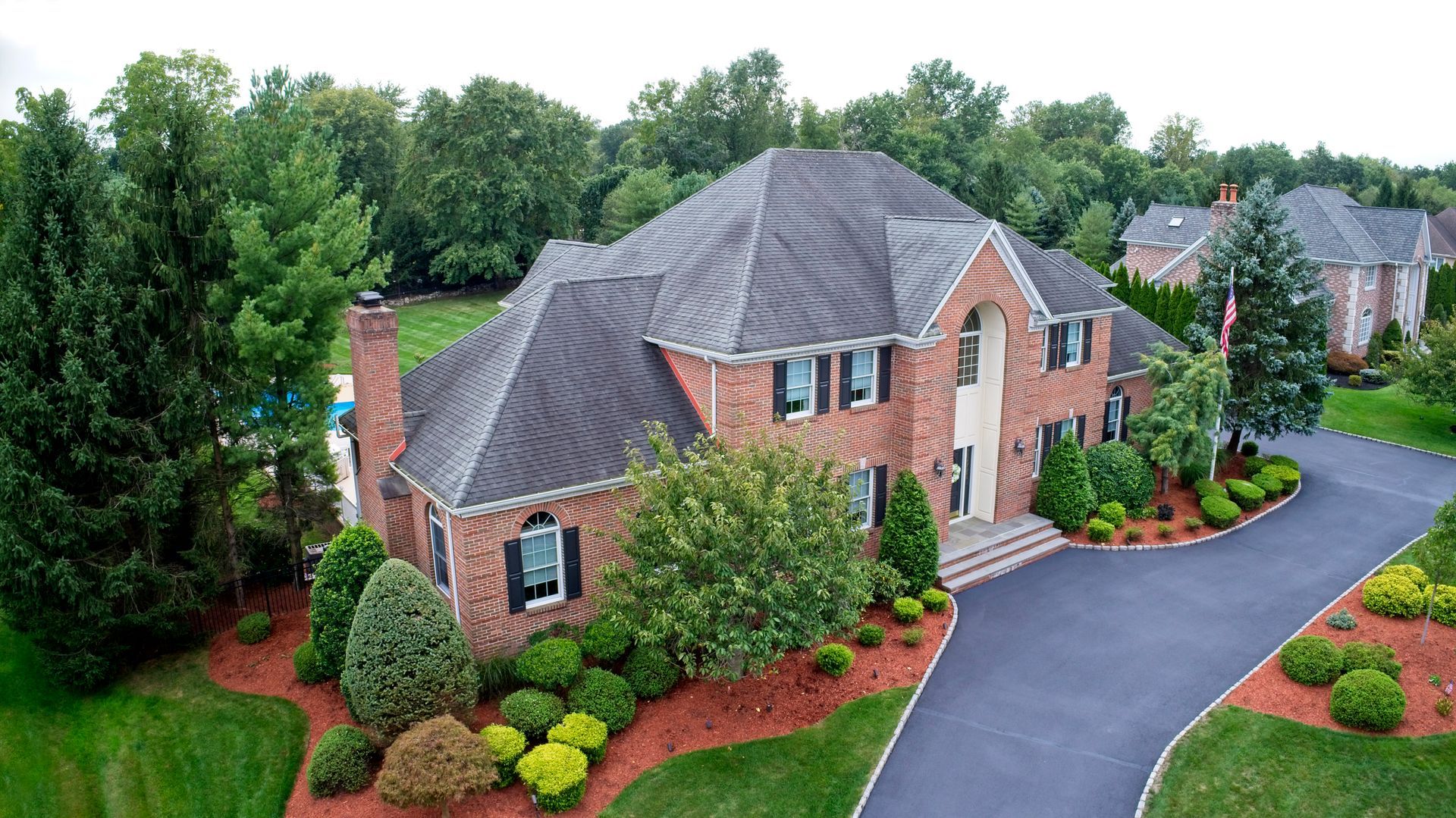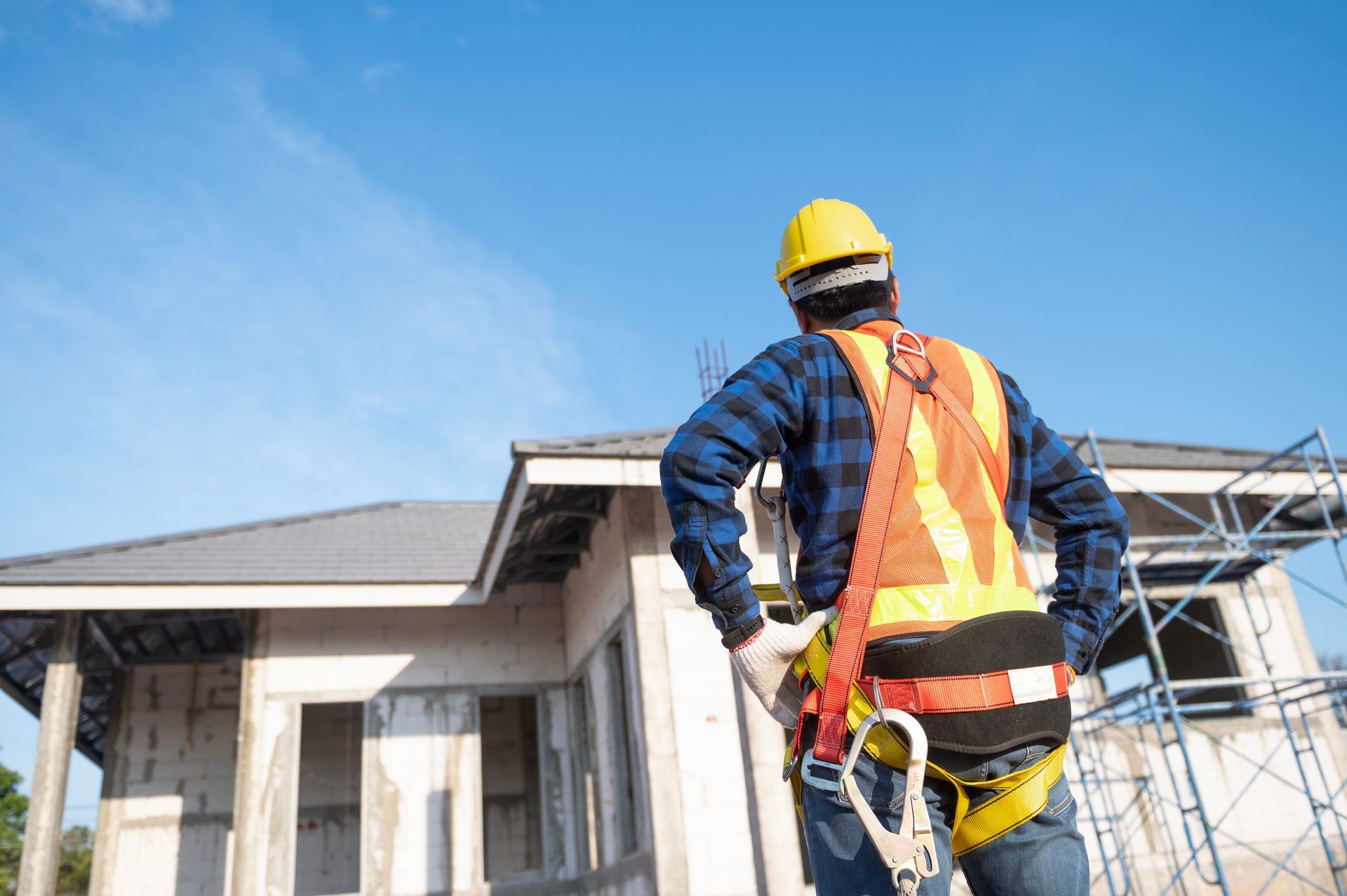Will Your Insurance Cover Roof Damage?
David Webb • November 28, 2023
This is a subtitle for your new post
Homeownership comes with a myriad of responsibilities, and one critical aspect is ensuring your home is adequately protected, especially when it comes to your roof. A damaged roof not only jeopardizes the structural integrity of your home but can also lead to costly repairs. The question on many homeowners' minds is: Will insurance cover my roof?
Understanding Your Policy: The Basics
The first step in determining whether your insurance will cover roof damage is understanding your homeowners' insurance policy. Policies can vary significantly, so it's crucial to review yours carefully. Typically, homeowners' insurance covers sudden and accidental damage, such as that caused by storms, fire, or falling objects.
Common Causes of Roof Damage Covered by Insurance
Storm Damage: Hail, wind, and heavy rainfall are common culprits of roof damage. Insurance policies often cover repairs or replacement resulting from these natural elements.
Fire Damage:
If your roof is damaged due to a fire, your insurance should cover the costs of repair or replacement.
Falling Objects:
Whether it's a tree limb or debris from a neighboring construction site, if a falling object damages your roof, insurance is likely to cover it.
Vandalism:
Malicious acts, such as intentional roof damage, are generally covered by homeowners' insurance.
Factors That Might Affect Coverage
While insurance typically covers the scenarios mentioned above, several factors can influence whether your claim will be accepted:
Age and Maintenance:
Insurance may question claims if your roof is old or poorly maintained. Regular inspections and maintenance can strengthen your case.
Material Considerations:
Some insurance policies may differentiate between roofing materials. High-quality, impact-resistant materials might be more likely to be covered.
Pre-Existing Damage:
Claims for damage that existed before obtaining the insurance policy may be denied. It's essential to address any pre-existing issues promptly.
Steps to Take in Case of Roof Damage
Document the Damage: Take clear photographs and document the extent of the damage. This will serve as crucial evidence for your insurance claim.
Contact Your Insurance Company:
Report the damage to your insurance company as soon as possible. Provide them with all necessary documentation.
Get Professional Assessments:
Have a professional roofing contractor assess the damage and provide a detailed estimate for repairs or replacement. This documentation strengthens your claim.
Conclusion: Knowledge is Power
In the intricate world of insurance, knowledge is your greatest ally. Understanding your policy, promptly addressing damages, and maintaining your roof are key factors in ensuring your insurance covers potential issues.
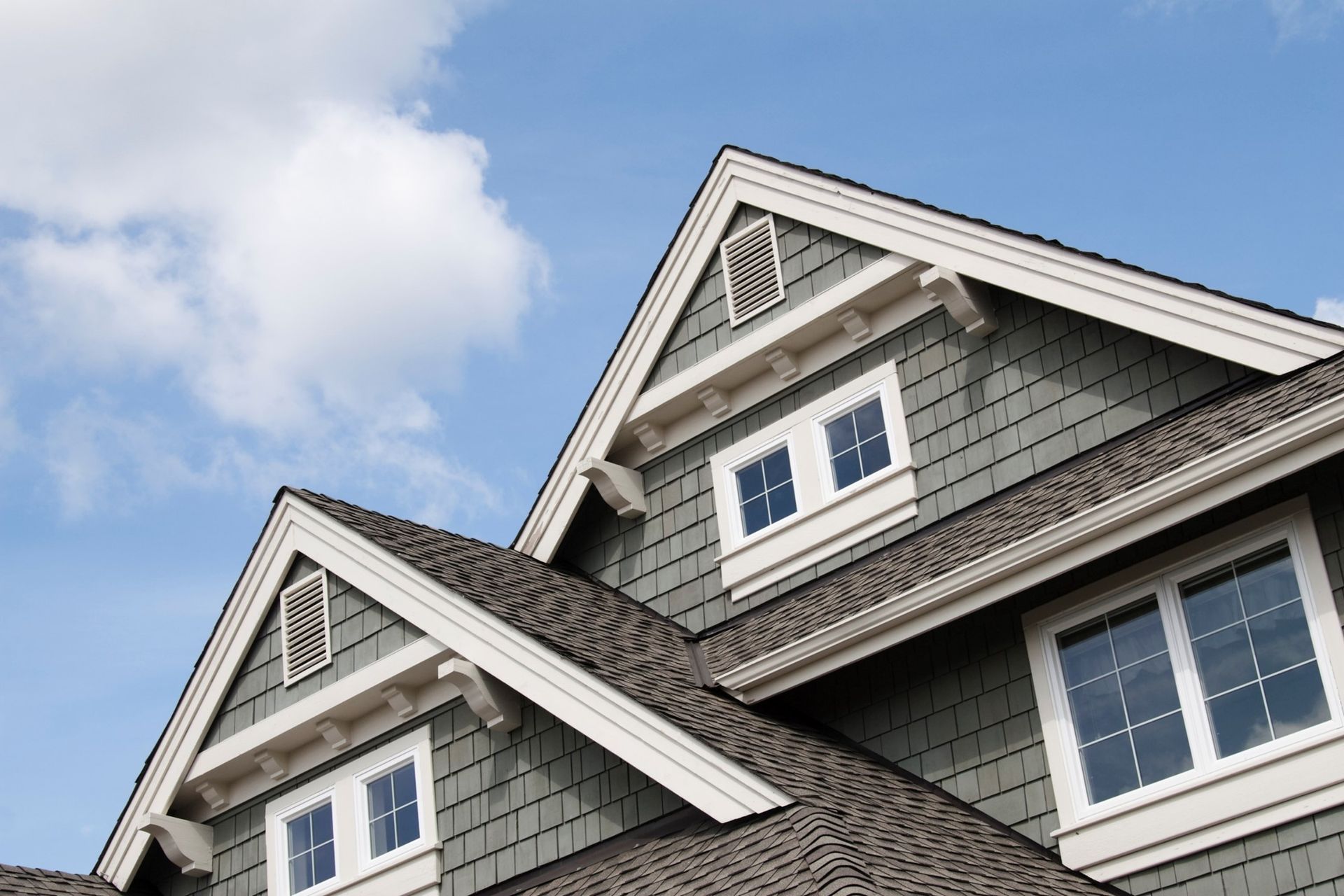
Selecting the right roofing contractor is crucial when you're facing repairs, maintenance, or installing a new roof. Your home's roof is its first line of defense against the elements, and the quality of its installation or repair can significantly impact your home's safety, appearance, and value. To ensure you make an informed decision, here's a comprehensive guide on how to choose the right roofing contractor. Verify Licensing and Insurance Start by ensuring any contractor you consider is licensed to perform roofing work in your area. A valid license is a basic indicator of their professionalism and knowledge of local building codes and regulations. Additionally, verify they have both liability insurance and workers’ compensation insurance to protect you from liability in case of accidents or damages during the project. Look for Local Experience Choosing a local contractor not only supports your community but also ensures the contractor is familiar with local weather patterns, building codes, and suppliers. Local contractors are more accessible for follow-up service, warranties, or repairs down the line. Plus, they have a reputation to maintain within the community, which can be a good indicator of their commitment to quality work. Assess Their Reputation and Reviews Research the contractor’s reputation online by reading reviews and testimonials on platforms like Google, Yelp, and social media sites. Don’t just look for positive reviews; pay attention to how the company responds to and resolves any negative feedback. A contractor with a solid reputation will likely provide quality service. Evaluate Communication and Professionalism Effective communication is essential for any successful roofing project. Your contractor should be easy to reach, responsive to your inquiries, and clear in their communication about project timelines, costs, and expectations. During your initial consultation, assess their professionalism, the clarity of their proposal, and whether they take the time to understand your needs and concerns. Ask About Warranties Inquire about the warranties offered by the contractor. A reputable contractor should offer a warranty on their workmanship in addition to any manufacturer warranties on the roofing materials used. This provides you with peace of mind and protection against potential issues arising after the project's completion. Compare Quotes and Understand Costs Get detailed quotes from several contractors to compare prices, but remember that the cheapest option isn’t always the best. Understand what is included in each quote, such as materials, labor, and any additional services. A reputable contractor will be transparent about costs and explain any significant price differences between options. Check for Proper Licensing and Credentials Beyond the basic licensing, check if the contractor has any additional certifications or credentials from roofing manufacturers or industry associations. These can be indicators of their commitment to ongoing education and adherence to higher standards of quality. Request References Finally, ask for references from previous clients, and if possible, visit some of their completed projects. This allows you to assess the quality of their work firsthand and hear about other homeowners’ experiences working with the contractor. Choosing the right roofing contractor requires careful consideration and research. Before you sign a contract, make sure you are making the right choice. Give our Roofing Pros at Mississippi Pro Roofing a call at 601-376-9942. We service Brandon , Madison , Flowood , Clinton , Ridgeland and most of central Misssissippi.

In the ever-evolving world of home improvement, roofing trends and innovations are continuously shaping the way we protect and enhance our homes. From sustainable materials to cutting-edge technologies, the roofing industry is embracing change and offering homeowners exciting new options. In this blog post, we'll explore some of the latest trends and innovations that are revolutionizing the way we think about roofs. Solar Roofing Revolution One of the most groundbreaking innovations in roofing is the integration of solar technology. Solar roofing tiles and panels are becoming increasingly popular as homeowners seek eco-friendly and energy-efficient solutions. These advanced roofing materials seamlessly blend with traditional roofing options while harnessing the power of the sun to generate electricity. Cool Roofing Materials With a growing emphasis on energy efficiency, cool roofing materials are gaining traction. These materials reflect more sunlight and absorb less heat, helping to reduce energy consumption and lower cooling costs. Cool roofing options come in various styles and colors, providing homeowners with both practical and aesthetic benefits. Green Roofing Practices Sustainable and environmentally friendly roofing solutions are at the forefront of industry trends. Green roofing involves incorporating vegetation, such as plants and grass, onto the roof surface. This not only adds a touch of nature to urban environments but also provides insulation, improves air quality, and reduces stormwater runoff. Smart Roofing Technologies The era of smart homes has extended its reach to roofing technologies. Smart roof systems include sensors that can detect leaks, temperature changes, and other potential issues. Homeowners can monitor their roof's health through mobile apps, receiving real-time alerts and ensuring timely maintenance to prevent costly repairs. Metal Roofing Innovations Metal roofing has been a staple for its durability, but recent innovations are taking it to new heights. Advanced coatings and finishes enhance the longevity of metal roofs while offering a wide array of colors and styles. Additionally, new installation techniques and interlocking systems make metal roofs more resilient than ever. Synthetic Roofing Materials For those seeking the aesthetics of traditional materials without the drawbacks, synthetic roofing options are gaining popularity. Polymer-based materials emulate the look of slate, wood, or clay tiles but are more lightweight, durable, and cost-effective. These materials provide an attractive compromise between aesthetics and practicality. 3D Printing in Roof Construction In the realm of construction, 3D printing is making waves, and roofing is no exception. Some companies are exploring the possibilities of 3D-printed roofing components. This innovative approach allows for precision in design and manufacturing, reducing waste and potentially lowering overall project costs. Conclusion As we journey into the future of roofing, these trends and innovations are reshaping the landscape of possibilities for homeowners. From harnessing solar power to embracing sustainability, the roofing industry is committed to offering diverse and forward-thinking solutions. Whether you're planning a roof replacement or simply staying informed about the latest advancements, keeping an eye on these trends can help you make informed decisions that align with your needs and values. The future of roofing is here, and it's an exciting time to be part of this transformative industry.

When it comes to selling your home, first impressions matter—a lot. One of the first things potential buyers notice about your house is its exterior. A worn-out, outdated roof can send the wrong message, but a new roof can be a game-changer in the real estate market. In this blog, we'll explore how investing in a new roof can not only enhance your home's curb appeal but also significantly improve your chances of selling your house quickly and at a higher price. Boosts Curb Appeal Curb appeal is the initial attraction factor for potential buyers. A new roof can instantly transform the look of your home, making it stand out in a competitive market. A well-maintained roof can add character and charm to your property, drawing in more interested buyers. Increases Perceived Value A new roof is not just a visual upgrade; it signifies quality and reliability to buyers. It gives the impression that your home has been well-cared for and is in good condition overall. Buyers are often willing to pay more for a house with a new roof because they perceive it as a valuable investment. Minimizes Inspection Concerns During the inspection process, an older or damaged roof can raise red flags for potential buyers. They might worry about hidden issues, such as leaks or structural damage, which can lead to negotiations or even a deal falling through. A new roof, however, eliminates these concerns and makes your home more appealing to buyers and inspectors alike . Energy Efficiency Many modern roofing materials come with energy-efficient features. A new roof can be designed to reflect heat, reduce cooling costs, and provide better insulation. Buyers are increasingly conscious of energy efficiency, and a new roof can be a strong selling point for eco-conscious individuals. Peace of Mind for Buyers A new roof can provide buyers with peace of mind, knowing they won't have to worry about costly roof repairs or replacements in the near future. This confidence can make them more likely to commit to buying your home. Competitive Advantage In a competitive real estate market, a new roof can set your home apart from others in your neighborhood. It gives you a competitive advantage, attracting more potential buyers and often resulting in faster sales. Better Appraisal Value An upgraded roof can positively affect the appraisal value of your home. Appraisers take into account the condition of major components, including the roof, when determining a home's value. A new roof can lead to a higher appraisal, which can support your asking price. Conclusion Investing in a new roof is not just an expense; it's a strategic move to increase your home's selling prospects. It enhances curb appeal, boosts perceived value, minimizes inspection concerns, improves energy efficiency, provides peace of mind to buyers, offers a competitive advantage, and can lead to a better appraisal value. So, if you're considering selling your home, think about the value that a new roof can bring to your property—it might be the key to a faster sale at a higher price.
10 Signs You Need a Roof Replacement
